| Main Menu |
| Focus and Scope |
| Editorial Team |
| Peer-Reviewers |
| Peer Review Process |
| Publication Process |
| Open Access Policy |
| Publication Ethics |
| Plagiarism Policy |
| Retraction Policy |
| Copyright Notice |
| Archiving Policy |
| Repository Policy |
| Author Guidelines |
| Article Processing Charges |
| Manuscript Template |
| Download Template |
| Make a Submission |
| Submit Your Paper |
| Information |
| For Readers |
| For Authors |
| For Librarians |
| Citedness in Scopus |
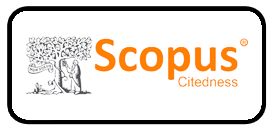 |
| Indexed |
 |
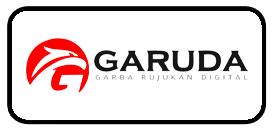 |
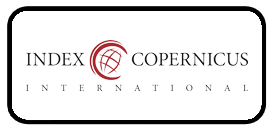 |
| Indexed in Process |
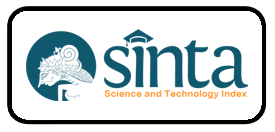 |
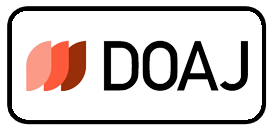 |
 |
| Visitors |
| Tools |
 |
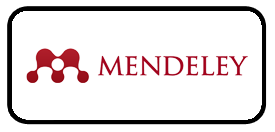 |
 |
